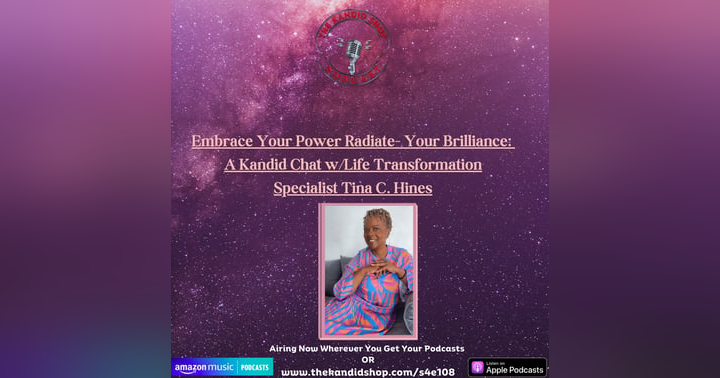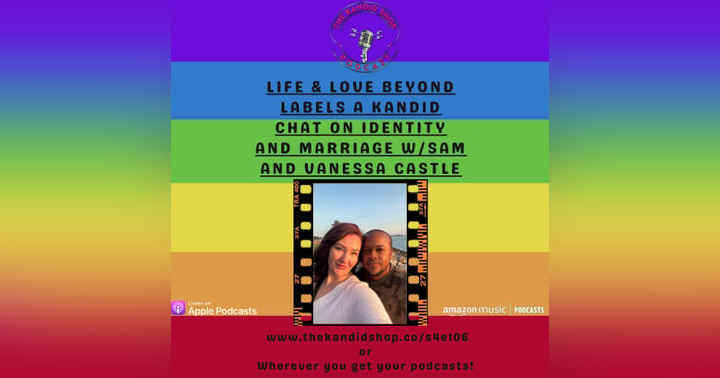Introduction
As we navigate the complexities of adulthood, our friendships often face new challenges and require reevaluation. In this blog post, we'll explore the importance of reassessing and setting boundaries in adult friendships, delve into common misconceptions about long-term relationships, and offer strategies for recognizing and handling toxic friendships.
The Value of Reassessing Adult Friendships
As we evolve, so do our friendships. It's essential to periodically reassess these connections and determine if they still align with our current needs and values. Healthy friendships should nurture our personal growth, provide support, and bring us joy. If a friendship has become draining or unfulfilling, it may be time to consider reevaluating its role in our lives.
Common Misconceptions about Long-Term Relationships
One common misconception is that long-term friendships should always remain unchanged. However, just as we grow and change as individuals, our friendships also evolve over time. It's important to accept that friendships may not always look the same as they did in the past, and to allow for flexibility and adaptation.
Another misconception is that true friends will never argue or disagree. In reality, healthy friendships can withstand occasional conflicts. These conflicts, when handled respectfully, can actually strengthen the bond between friends.
Understanding Attachment Styles
Our attachment style, developed in early childhood, can influence our behavior in adult friendships. Understanding our own attachment style can help us identify our needs and expectations in relationships. For example, individuals with a secure attachment style may feel comfortable with vulnerability and intimacy, while those with an insecure attachment style may struggle with trust and connection.
Navigating and Enforcing Boundaries
Setting and enforcing boundaries is crucial for maintaining healthy friendships. Boundaries define what we are and are not willing to tolerate in a relationship. They help us protect our time, energy, and emotional well-being. Communicating our boundaries clearly and respectfully is essential to fostering mutual understanding and avoiding misunderstandings.
Recognizing Red Flags in Toxic Friendships
Identifying the warning signs of toxic friendships is vital for our emotional and mental health. Some red flags to watch out for include:
- Consistent gaslighting or manipulation
- Attempts to control or isolate you
- Sabotaging behaviors or undermining remarks
- Narcissistic tendencies or lack of empathy
- Failure to respect your boundaries
The Importance of Self-Preservation
If we find ourselves in a toxic friendship, it's essential to prioritize our own well-being. This may mean distancing ourselves from the person, setting firm boundaries, or ending the friendship altogether. Self-preservation is not selfish; it's vital for protecting our mental and emotional health.
Friendship Cleansing: Strategies from 'The Friend Cleanse'
In her book "The Friend Cleanse," Dr. Leslie Dobson outlines practical strategies for identifying and eliminating toxic relationships from our lives. These strategies include:
- Conducting a "friend audit" to assess our current friendships
- Recognizing the different types of toxic friendships
- Understanding the role of attachment styles in friendship dynamics
- Setting boundaries and enforcing consequences
- Seeking support from trusted loved ones
Conclusion
Reassessing and setting boundaries in adult friendships is a necessary part of maintaining healthy, fulfilling relationships. By understanding our own needs, recognizing red flags, and prioritizing self-preservation, we can create and nurture friendships that uplift and support us.
To learn more about this topic, listen to our related podcast episode "Transforming Friendships: A Kandid Chat on Boundaries and Toxic Relationships w/ Dr. Leslie Dobson" available at https://www.thekandidshop.com/transforming-friendships-a-kandid-chat-on-boundaries-and-toxic-relationships-w-dr-leslie-dobson/.



